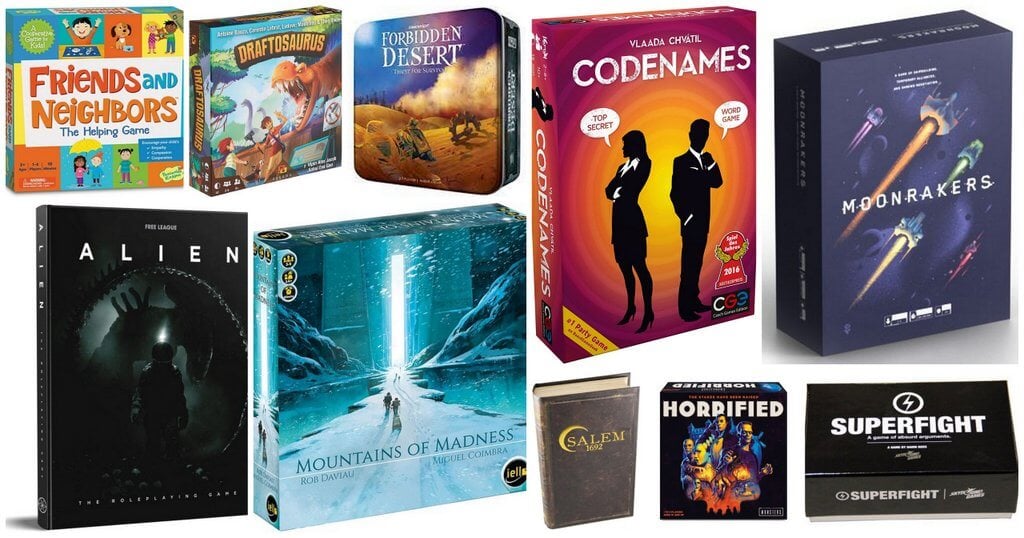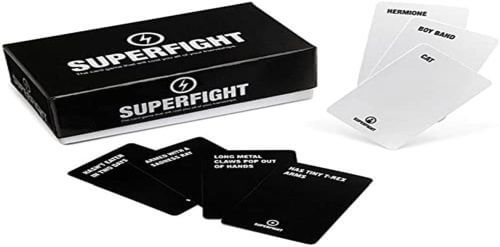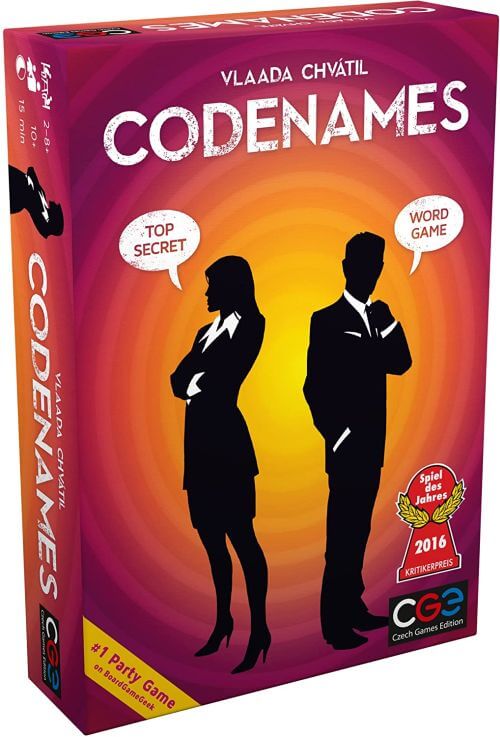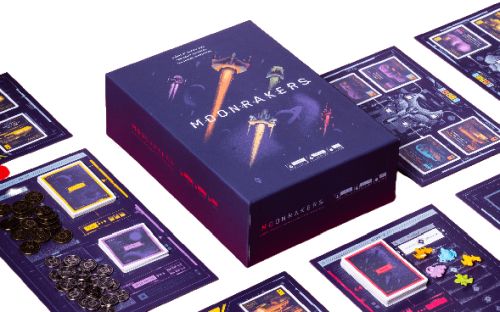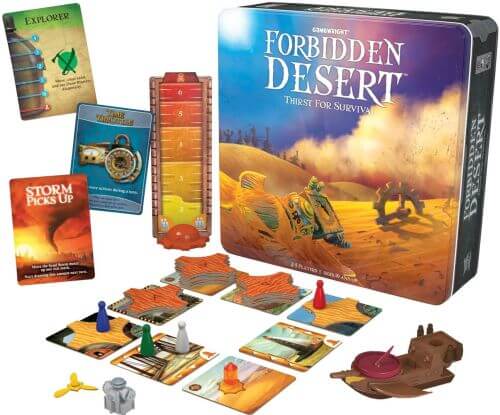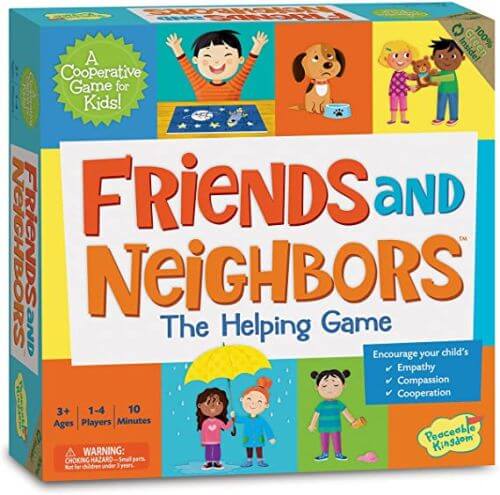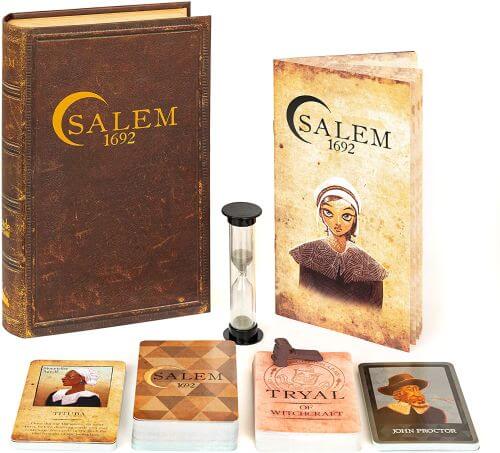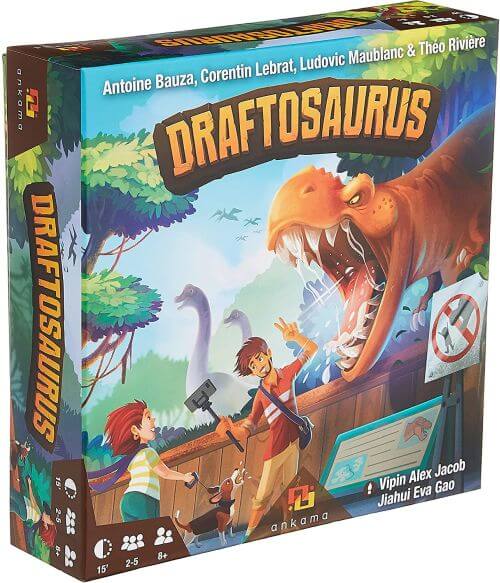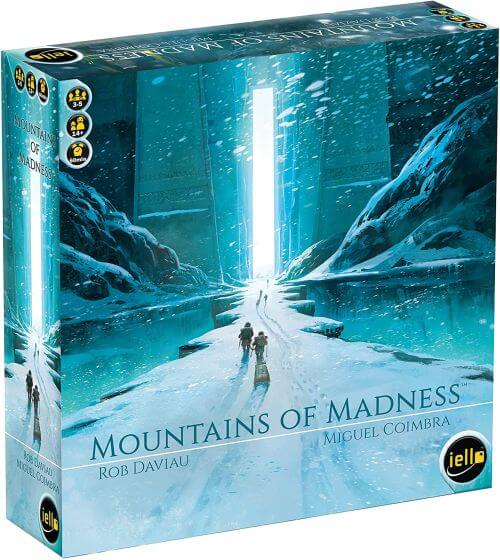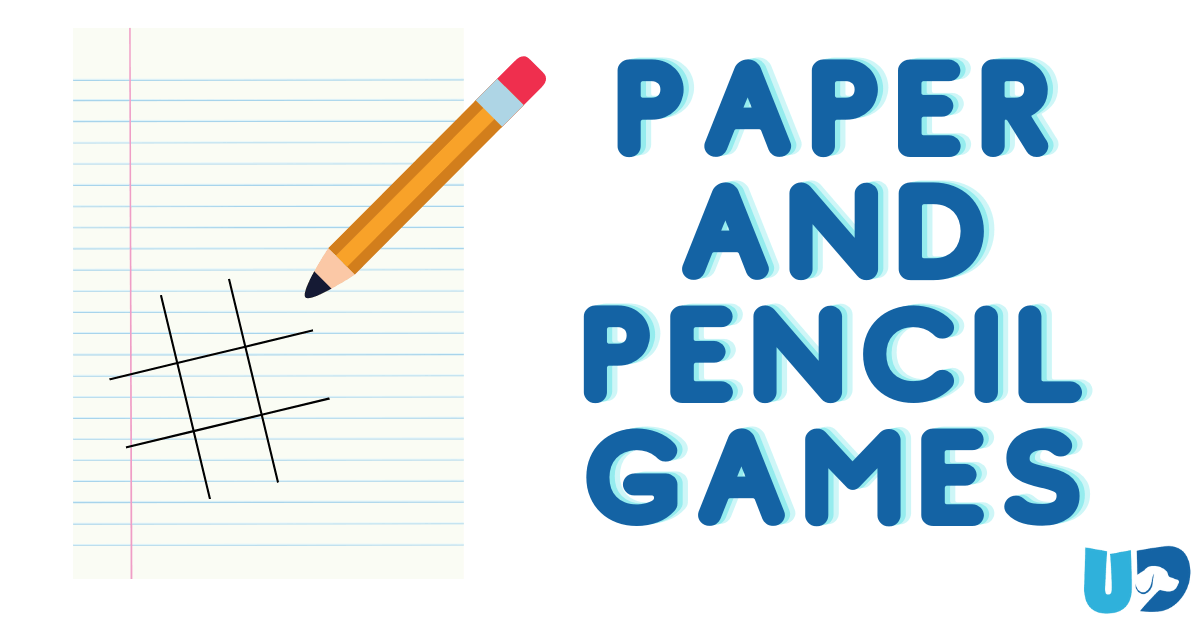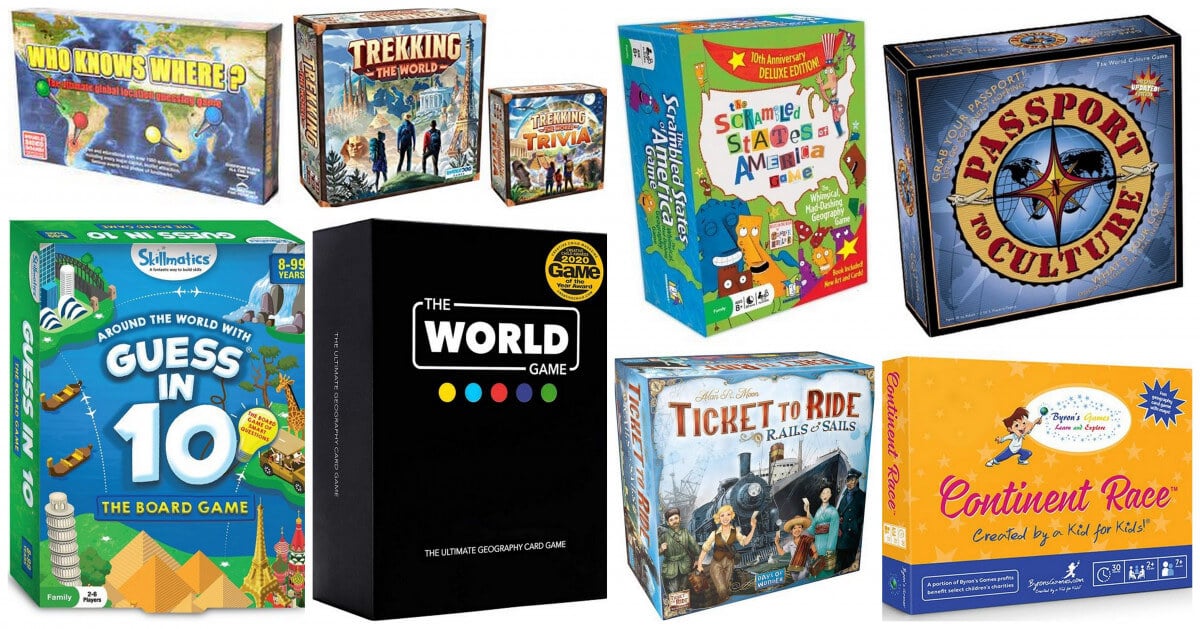Our Underdog Games Advisors are all in agreement: there are board games that teach social skills! And it's not just limited to board games–card games and playing games in general can help.
"We used card games to teach social skills like taking turns, being patient, explaining distinctly, being polite, and having conversations when the kids were young," shares Alice H. "It carried over. They were encouraged to play with adults and kids, so grew comfortable talking with any age."
To provide you with plenty of board games that teach social skills, we asked our Advisors for recommendations and they had lots of terrific answers. Here are some of their top choices.
We use Amazon affiliate links to recommend products we trust and love, so we might earn a small commission if you decide to purchase. However, we believe in giving back as a company, so we'll be donating these profits back to great nonprofits making a difference in the world.
Superfight
What it teaches: Persuasive speaking and critical thinking
Chelsea C. describes this as "a hilarious game where you have to convince the group why your absurd combo of fighter and skills would beat another in a fight, e.g. Abraham Lincoln with laser eyes vs. a velociraptor that can use The Force." The two making their arguments will have to think creatively and use their powers of persuasion to make strong arguments. The rest of the players have to listen and decide which argument is more logical, using critical thinking to evaluate even the most ridiculous of debates! (3+ players, ages 8+)
Codenames
What it teaches: Communication skills
Codenames is a hilarious and beloved game that requires quick thinking and sharp communication skills. Two players are the spymasters, tasked with giving one-word clues to help their teammates contact all their agents first. It's about "giving information to someone else, but not being too obvious with it," explains Chris P. "This is a huge social skill in learning appropriate sharing of information. When, how, and what is acceptable to be said in your social groups." (2+ players, ages 10+)
Moonrakers
What it teaches: Negotiation skills
This game is all about negotiation. You'll need to purchase ship parts and add crew to complete contracts and earn prestige points. "You have to negotiate with others to help you complete contracts and figure out how you're going to split the reward between you (hardly ever an even split)," Kristina C. explains. "It means you have to know how to read the board/person and see what they want/need vs. what you want. It's also up to you as the leader to say how the mission/contract will play out." (1-5 players, ages 14+)
Forbidden Desert
What it teaches: Cooperation
This one is Michelle B.'s pick: "Cooperative games help people talk things over and discuss what to do. They have to learn to accept the move that should be made or explain what move is better to make." Work with your fellow players to find the downed flying machine and escape the desert before it's too late! (2-5 players, ages 10+)
Friends and Neighbors: The Helping Game
What it teaches: Empathy and compassion
Angela G. has kids with varying special needs, so she's all about board games that teach social skills. Peaceable Kingdom specializes in games that do just that, including Angela's recommendation, Friends and Neighbors. Pull a token from the Helping Bag and see if you can help one of the characters on the board, like the little boy who's afraid of the dark. This game is meant for little ones, but it's perfect for families to play together. (1-4 players, ages 3+)
Salem 1692
What it teaches: Social deduction
In social deduction games, players try to uncover each other's secret identities and allegiances. Amy M.'s family loves these kinds of games, noting they involve lots of fun banter, but also teach you to study other's behavior very closely. Salem 1692 is based on the real Salem Witch trials, and players will get a kick out of accusing each other of witchcraft while trying to protect their own reputations—and lives! (4-12 players, ages 13+)
Draftosaurus
What it teaches: Sharing and good sportsmanship
Drafting games involve selecting cards or other items from a limited pool of resources, and players have to learn to make alternate plans and accept it when things don't go their way. Chris P. loves this quick game for that very purpose. Draft dinosaurs and place them in pens, trying to earn the most points possible. Chris says it's a game that teaches good sportsmanship. "At least, that's what I like to think up until my son takes the last pink dinosaur and sends my daughter into a death spiral!" (2-5 players, ages 8+)
Horrified
What it teaches: Collaboration and agreement
In this game, Chad C. says, "we all come to a conclusion on what’s the best course of action before each player makes their moves." All the players collaborate to escape a whole town full of monsters, and each player has their own special abilities (just like in life). Make the best of each as you take down the monsters, and remember—everyone wins, or everyone loses! (1-5 players, ages 10+)
Alien
What it teaches: Communication and cooperation
"I played Alien RPG with a friend's super quiet sis-in-law and by the end, she was much more social and comfortable being in that setting," reports Brett K. Role playing games are terrific for sparking conversation and breaking people out of their shells. Players use their imagination and work together to solve problems. This particular game is based on the popular flick Alien, and players have to navigate scenarios inspired by the film. If this one's a little too violent and brutal, try any one of the myriad other RPGs out there instead. (4-6 players, ages 14+)
Mountains of Madness
What it teaches: What NOT to do!
"This game teaches the opposite of social skills!" jokes Stephanie K. "It's fun and quirky though, and you do things like 'don't make eye contact with the person you're speaking to' and 'only answer questions with other questions.' It's really fun and parents can address why these are the wrong behaviors and that's why it's hard to play, because you're breaking social norms." Players are trying to reach the top of the mountain, but as you climb higher, each player goes a little crazier! (3-5 players, ages 12+)
If you like these board games that teach social skills, learn How Playing Dungeons & Dragons Can Make Your Kids Smarter.

